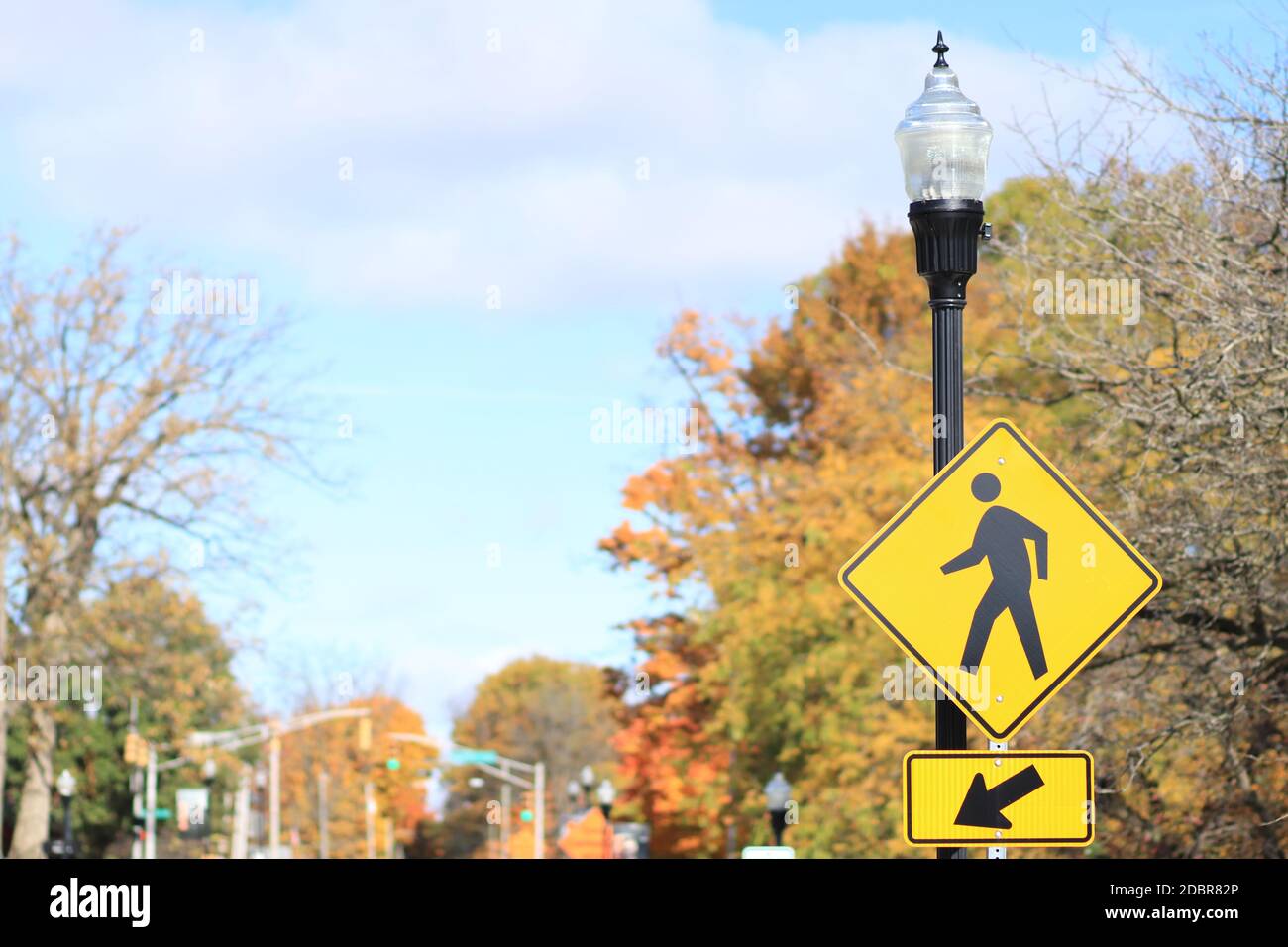


In person "by bodily presence" is from 1560s. The use of -person to replace -man in compounds for the sake of gender neutrality or to avoid allegations of sexism is recorded by 1971 (in chairperson). commonplace prosaic or dull: a pedestrian commencement speech. After what seemed like a ordinary stroll. 2053, about 35 years into the future from now where at night you can only find the darkness of homes and the neighborhoods that closely resembled a graveyard. adjective pedestrian lacking in vitality, imagination, distinction, etc. In a fictional story, The Pedestrian by Ray Bradbury, we find the main character, an older man, named Leonard Mead This story takes place in A.D. adjective pedestrian of or relating to walking. adjective pedestrian going or performed on foot walking. In legal use, "corporate body or corporation other than the state and having rights and duties before the law," 15c., short for person aggregate (c. noun pedestrian a person who goes or travels on foot walker. Such acts could be as simple as helping a stranger in need, or much more complex ways of relating with others. Ubuntu refers to behaving well towards others or acting in ways that benefit the community. In grammar, "one of the relations which a subject may have to a verb," from 1510s. One meaning of Ubuntu is correct behavior, but correct in this sense is defined by a persons relations with other people.

Meanings "one's physical being, the living body external appearance" are from late 14c. as "one of the persons of the Trinity," a theological use in Church Latin of the classical word. " Klein and Barnhart say it is possibly borrowed from Etruscan phersu "mask." De Vaan has no entry for it.įrom mid-13c. the mask as something spoken through and perhaps amplifying the voice), "but the long o makes a difficulty. explanation of persona as "related to" Latin personare "to sound through" (i.e. The altar is a symbol of Christ at the heart of the assembly and so deserves this special reverence. 1200, persoun, "an individual, a human being," from Old French persone "human being, anyone, person" (12c., Modern French personne) and directly from Latin persona "human being, person, personage a part in a drama, assumed character," originally "a mask, a false face," such as those of wood or clay, covering the whole head, worn by the actors in later Roman theater. The celebrant and other ministers enter in procession and reverence the altar with a bow and/or a kiss.


 0 kommentar(er)
0 kommentar(er)
